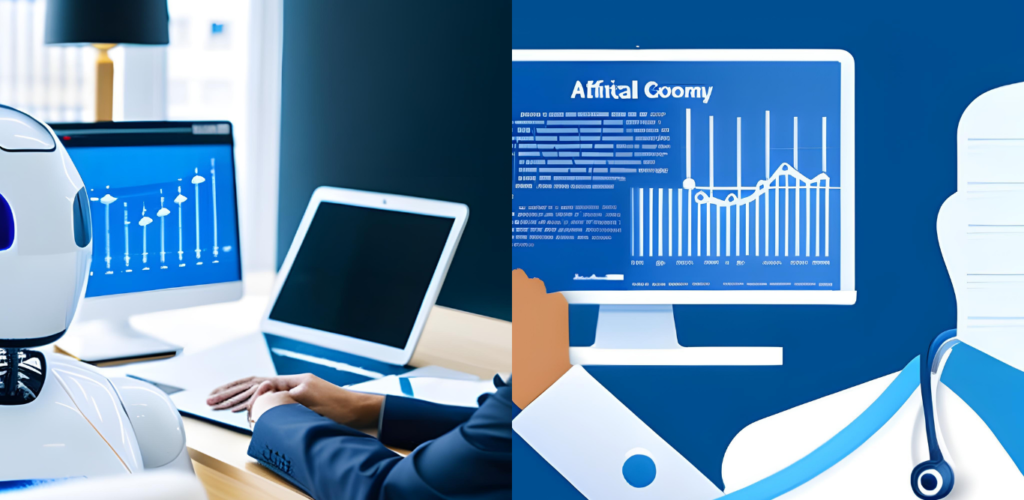The forthcoming impact of AI is extensive and varied, spanning multiple domains such as society, economy, and culture. While AI’s progress has been notable, its influence is set to become even more significant in the upcoming years. Here are some key areas where AI will shape our future:

Automation and Employment Transformation
AI’s immediate effect lies in automating tasks across industries. This promises efficiency and productivity gains but also raises concerns about job displacement. Many routine jobs could be automated, necessitating reskilling for roles demanding creativity and emotional intelligence.
Economic Growth and Efficiency
AI could spur economic growth by boosting productivity and enabling novel business models. Organizations can leverage AI insights for informed decisions, process optimization, and innovative product development, possibly leading to new industries.
Healthcare and Medicine
AI holds the potential to revolutionize healthcare by aiding disease diagnosis, treatment personalization, drug discovery, and outbreak prediction. It can enhance medical imaging, data analysis, and overall patient outcomes.
Education and Learning
AI can offer tailored and adaptive learning experiences, catering to individual learning styles and speeds. Intelligent tutoring systems and educational apps can enhance learning accessibility and outcomes.
Ethics and Societal Impact
As AI integrates deeply into society, ethical considerations gain prominence. Addressing AI bias, data privacy, and its potential to exacerbate social inequalities becomes crucial, necessitating responsible AI development.
Autonomous Systems
AI is integral to autonomous tech like self-driving cars and drones. These can reshape transportation, logistics, and manufacturing, pending regulatory and safety challenges.
Creativity and Art
AI-generated art, music, and literature are on the rise, prompting debates on creativity and originality. They also foster human-machine collaboration, pushing artistic boundaries.
Environmental Impact
AI can aid sustainability efforts through energy optimization, resource management, and environmental monitoring. It can contribute to climate modeling, disaster prediction, and mitigation strategies.
Cybersecurity
AI can bolster cybersecurity by identifying and countering cyber threats in real time. However, the malicious use of AI for advanced attacks is also a concern.
Global Dynamics
AI’s development has geopolitical implications. Leading in AI research can confer advantages in economics, military capabilities, and technological influence.
In conclusion, AI’s future impact is profound and all-encompassing. While opportunities for progress abound, addressing challenges responsibly and ethically is imperative. Ongoing discussions, regulations, and collaborations will steer AI’s role in shaping our future.




